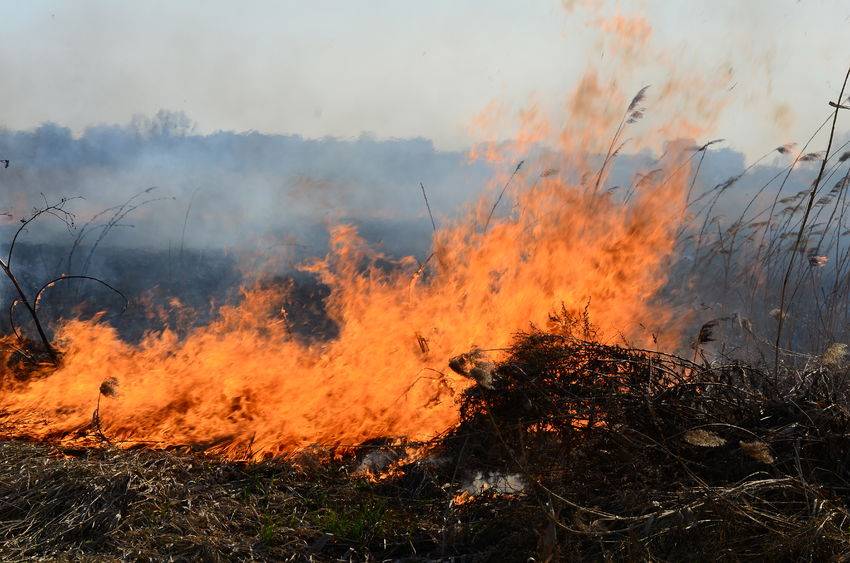Government accused of raising wildfire risk with peatland burning ban

The government has been accused of putting the countryside at greater risk of wildfires after extending its ban on controlled burning across England’s peatlands.
The ban on controlled burning in England will be extended to cover more than three times the current area, Defra has announced.
As part of its ‘Plan for Change’, ministers said that, from 30 September, the restrictions will apply to 676,628 hectares of deep peat, up from 222,000 hectares – an area equivalent to the size of Devon.
The Countryside Alliance condemned the decision as “insensitive” and “grossly irresponsible”, arguing that key scientific evidence on the benefits of controlled burning had been ignored.
Low-intensity “cool burns”, carried out in small patches, are designed to remove the heather canopy without igniting the peat and moss beneath.
Advocates say this practice helps create natural firebreaks, encourages the growth of peat-forming sphagnum moss, and provides habitat regeneration for rare moorland species.
They warn that tighter restrictions could in fact increase the risk of larger, uncontrolled wildfires, with serious consequences for air quality, biodiversity, and rural communities.
Adrian Blackmore, director of shooting at the Countryside Alliance, said the timing of the government’s announcement was particularly problematic.
“Given the horrendous devastation caused by wildfires in recent months, this move comes at an incredibly sensitive time for moorland communities.
"Rather than protecting our globally unique network of peatland, the government’s removal of burning as an essential management tool in the uplands can be expected to have significant negative consequences for the environment and livelihood."
Announcing the ban extension, Environment Minister Mary Creagh said: “Our peatlands are England’s Amazon Rainforest – home to our most precious wildlife, storing carbon and reducing flooding downstream.
“Burning on peatland releases harmful smoke ruining local air quality and damaging the precious ecosystems found in these iconic landscapes.
“Restricting burning will help us restore and rewet peatlands. These new measures will create resilient peatlands that are naturally protected from wildfires.”








